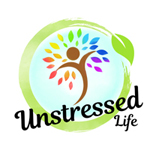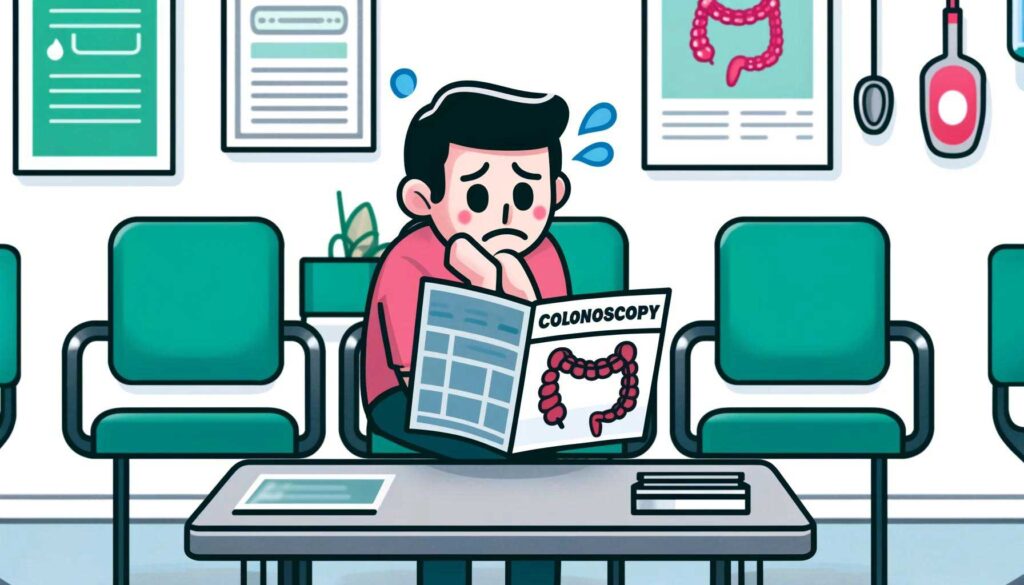For many years, I avoided the idea of getting a colonoscopy. Like many people, I found the prospect of the procedure daunting and uncomfortable. But as I approached 50 and heard countless reminders from my doctor about the importance of this screening, I finally decided to take the plunge at 49. What I discovered during this process not only relieved my anxiety but also underscored the critical benefits of getting a colonoscopy. Here, I want to share my experience and highlight why this procedure is essential for everyone approaching middle age.
The Decision to Get a Colonoscopy
Deciding to get a colonoscopy wasn’t easy. I had heard all the stories about the unpleasant preparation and the discomfort of the procedure itself. However, what ultimately pushed me to schedule the appointment was a combination of factors: my age, my doctor’s insistence, and a personal family tragedy.
My father passed away from colon cancer. By the time it was detected, it had already spread to his lungs and liver, leaving few treatment options. Watching him endure this battle was incredibly painful, and his loss was a devastating blow to our family. Knowing that colorectal cancer is often preventable with early detection made me realize that avoiding the procedure was not worth the potential risk to my health.
Colorectal cancer is the third most common cancer in both men and women in the United States. Early detection through screenings like colonoscopies significantly increases the chances of successful treatment and survival. My father’s experience underscored the importance of not delaying such screenings.
Preparing for the Procedure
The preparation for the colonoscopy was perhaps the part I dreaded the most. The day before the procedure, I had to follow a clear-liquid diet and drink a prescribed laxative solution called Suprep to clear out my colon. While this wasn’t a pleasant experience, I found that keeping my mind focused on the benefits made it more manageable. I reminded myself that this discomfort was temporary and that it could potentially save my life.
Drinking the Suprep was challenging, but the instructions were clear, and I managed to get through it by staying hydrated with water and clear broths. I also found it helpful to take the day off work to stay home and rest.
The Day of the Colonoscopy
On the day of the colonoscopy, I arrived at the medical center feeling a mix of nervousness and relief. The staff were incredibly supportive and professional, which helped ease my anxiety. After changing into a hospital gown, I was led to the procedure room where the nurse explained what would happen next.
The procedure itself was much easier than I had anticipated. I was given a sedative that made me feel relaxed and somewhat drowsy. Before I knew it, the procedure was over, and I was waking up in the recovery area. I felt no pain and was surprised by how quick and smooth the whole process had been.
The Discovery of Polyps
One of the most significant benefits of a colonoscopy is its ability to detect and remove polyps before they can develop into cancer. During my procedure, the doctor found two polyps in my colon. While this initially sounded alarming, I learned that finding and removing polyps is a routine part of the process and a key factor in preventing colorectal cancer.
The doctor explained that polyps are growths on the lining of the colon or rectum that can become cancerous over time. By removing them early, the risk of developing cancer is significantly reduced. The removal process was painless, and the polyps were sent to a lab for further analysis to ensure they were not cancerous.
The Peace of Mind
After the procedure, I felt a tremendous sense of relief and peace of mind. Knowing that the polyps had been found and removed before they could cause any harm was incredibly reassuring. The doctor called me a few days later with the lab results, confirming that the polyps were benign. This news was a huge weight off my shoulders and reinforced the importance of regular screenings.
The Benefits of Colonoscopy
Reflecting on my experience, I can confidently say that the benefits of getting a colonoscopy far outweigh the temporary discomfort of the preparation and procedure. Here are some key benefits I’d like to emphasize:
1. Early Detection of Polyps
As in my case, a colonoscopy can detect polyps early, allowing for their removal before they develop into cancer. This early intervention is crucial in preventing colorectal cancer, which is often asymptomatic in its early stages.
2. Prevention of Colorectal Cancer
Regular colonoscopies can significantly reduce the risk of developing colorectal cancer. By detecting and removing polyps, the procedure helps prevent the disease from starting in the first place.
3. Peace of Mind
The peace of mind that comes with knowing your colon is healthy is invaluable. The anxiety I felt before the procedure was replaced with a sense of security and relief afterward.
4. Comprehensive Examination
A colonoscopy provides a thorough examination of the entire colon and rectum. This comprehensive screening is more effective than other tests, such as stool tests or sigmoidoscopies, which only examine part of the colon.
5. Short and Painless Procedure
Despite the initial apprehension, I found the procedure itself to be quick and painless. The sedative used during the colonoscopy ensures that you remain comfortable and unaware of the process.
6. Long-Term Health Benefits
By detecting and removing polyps, a colonoscopy not only prevents cancer but also contributes to long-term health and well-being. Regular screenings can help maintain a healthy colon and detect any potential issues early.
Encouragement for Others
If you are approaching the recommended age for a colonoscopy or have a family history of colorectal cancer, I strongly encourage you to schedule this essential screening. While the preparation may seem daunting, the benefits far outweigh the temporary discomfort. Early detection and prevention are key to maintaining good health and potentially saving your life.
Talking to your doctor about any concerns or questions you have can also help alleviate any fears. Remember, the goal of a colonoscopy is to ensure your long-term health and well-being. Taking this proactive step is an investment in your future, and it’s one that I am grateful I made.
In conclusion, my experience with getting a colonoscopy was enlightening and ultimately reassuring. The procedure not only provided me with peace of mind but also underscored the importance of regular screenings in preventing colorectal cancer. My father’s battle with colon cancer was a powerful reminder of the stakes involved. If you are hesitant or anxious about getting a colonoscopy, I hope my story encourages you to prioritize your health and take this important step.



